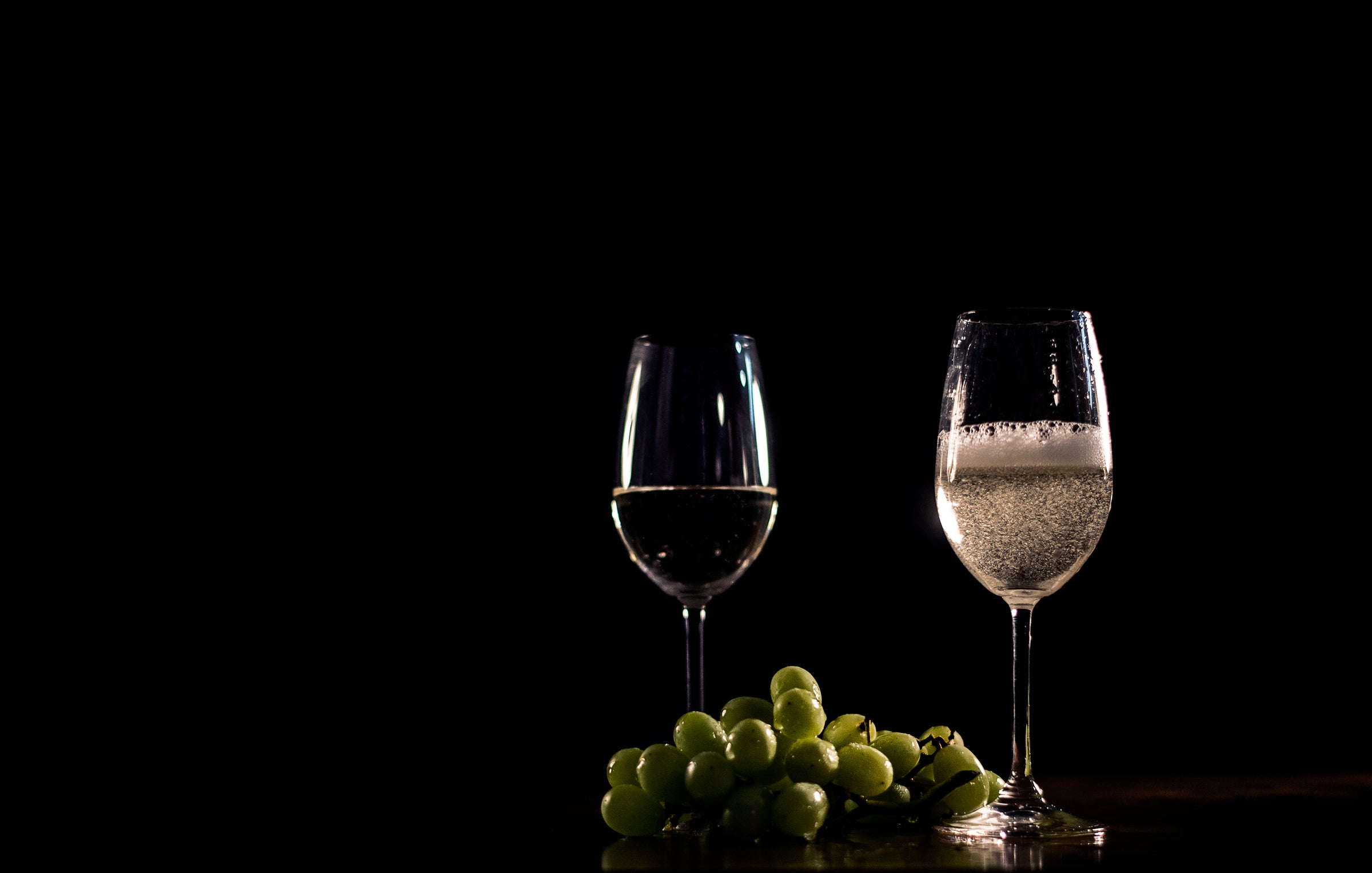The favorite wines of our presidents of the 5th Republic
When it comes to alcohol and wine, our leaders are forced to show satisfaction but also moderation and diplomacy. Indeed, when you are President of one of the largest producing countries in the world, you are inevitably led to discuss your personal tastes for the riches of our wine heritage while considering the strategic importance of the economic sector and the consequences of its public health policy. Quite a program….
In this election campaign period, I thought it would be appropriate to enlighten you on the wine preferences of our Presidents of the Fifth Republic and to reveal to you at the same time some juicy anecdotes. I hope you will enjoy this little look back at more than 60 years of French presidency.
Charles De Gaulle's preferences
When we talk about the Fifth Republic, we inevitably think of Charles De Gaulle. The General was not a big wine drinker. However, as a fervent defender of French values, he was perfectly aware of the strong symbolism of wine in our country. At La Boisserie, he liked to serve Beaujolais to his guests. But his preference was for Champagne and in particular on that of the Maison Drappier whose vines he could admire from its windows. Indeed, the famous Drappier house is located in Urville, in the Aube, just a few kilometers from Colombey-les-Deux-Eglises. Its aromatic and magnificently authentic champagne was never introduced to the Elysée but that did not prevent the famous house from wanting to honor its most illustrious representative by launching the De Gaulle cuvée in 1990 to salute the fiftieth anniversary of the Appeal of June 18. This superb cuvée is now offered vintage after vintage and delights connoisseurs while preserving its authenticity. As an anecdote, the General also lends his surname to an absolutely essential accessory for any amateur or professional wine merchant: the corkscrew. Indeed, the De Gaulle is also the nickname of a corkscrew that opens with two levers reminiscent of the famous General raising his arms during his speeches.
As a fine gourmet, Georges Pompidou particularly appreciated grands crus such as Château Mouton Rothschild or Château Lafite Rothschild (named after his former employer, the Rothschild bank) or even Château Haut-Brion premier Grand Cru de Pessac Léognan . For the record, it is said that President Pompidou's impetus was decisive when Mouton went from second to premier grand cru classé of the Médoc on June 21, 1973, which to this day constitutes the only real modification of the 1855 classification! President Pompidou also appreciated more modest wines such as the AOC Moulis Château Chasse-Spleen or Château Poujeaux . Finally, he had a residence in the southwest and also loved to go there and taste the excellent red wines of Cahors.
Valéry Giscard d'Estaing was certainly the most knowledgeable and involved of the presidents of the Fifth Republic. As proof, he was a member of the famous Confrérie du Tastevin de Bourgogne and was a fine connoisseur of the region's vintages. But he was also a great lover of Bordeaux's great vintages, particularly Château Cheval Blanc, Premier Grand Cru Classé of Saint-Emilion . Finally, as a good Auvergnat, he also knew how to appreciate local delicacies such as Saint-Pourçain or Côtes d'Auvergne. Furthermore, we must not forget that the former president is the only politician who can claim to have an AOC in his name: the AOC d'Estaing in Aveyron, on the land of his ancestors. Certainly, with its 18 hectares extending into the Lot valley in the communes of Estaing, Coubiscou and Sébrazac, it is the smallest AOC in the French vineyards, but still... Valery Giscard d'Estaing was so attached to it that he decided to buy the magnificent Château d'Estaing in 2005.
What about F. Mitterand, N. Sarkozy and F. Hollande?
François Mitterrand came from a large wine-growing region, namely that of pineaux and cognacs. Despite this characteristic, he drank little wine and was not a great specialist but he was very demanding on quality. He had quite varied tastes and appreciated white Burgundies such as Chablis , Meursault or Puligny-Montrachet but also red Loire wines and in particular Sancerre from his constituency of Château-Chinon. However, his relatives say that one wine was still his preference and it was a Saint-Estèphe: Château Haut-Marbuzet . François Mitterrand will remain famous because it was during his second seven-year term that the famous Evin law was passed, considerably tightening the rules on alcohol advertising.
Even though he admitted a little weakness for the November Brouilly primeur or for the Corton-Charlemagne , Jacques Chirac preferred beer to wine because "it quenches thirst better". He was not a connoisseur to the point that he had his sommelier give him little cards on the great wines served on the evenings of state dinners. There is no bad solution to avoid being caught out by your foreign guests during official dinners...
With Nicolas Sarkozy, it's very clear and it's zero alcohol. For him, it's a "question of taste". He barely allows himself a small glass of Champagne at receptions at the Elysée (for the photo?). On the other hand, even if he doesn't drink wine, he perfectly understands the importance of this market in the French economy and turns out to be an ardent ambassador during his travels. Under his mandate, the Evin law was relaxed in 2009 by the Bachelot law authorizing in particular the advertising of wine on the Internet.
White or Red? Burgundy, Rhone or Bordeaux? François Hollande doesn't really have a preference when it comes to wine. The sommelier at the Elysée Palace, Virginie Routis, simply said of him: "he doesn't have any particular demands and he likes everything."
Finally, for the youngest president of the Fifth Republic, wine holds an important place. Emmanuel Macron has good knowledge on the subject and likes to share it in society. He even turns out to be particularly talkative on this subject. "A table without wine is sad, wine brightens the meal and it is what reveals a dish. The greatest vintages of French wine, including Château Latour, Dom Pérignon which belonged to Talleyrand in 1802, are offered at the Élysée, ready to savor and decanted. As long as I am president, there will be no amendment to toughen the Évin law." To put it simply, he is more of a Burgundy for white wines and rather Bordeaux for red wines . In white Burgundy, he has a soft spot for Corton. As for the Bordeaux vineyard, the president chooses well-bred Bordeaux wines such as Château Chasse-Spleen, Château Duhart-Milon or Château Roc de Cambes. Finally, he can be very enthusiastic about a red Bandol or even a sun-drenched Corsican wine. Did his presidential vacation at Fort Brégançon open the doors to splendid little cellars in the south of France?
As you may have noticed in this article, it cannot be said that French presidents are on the same page when it comes to wine. Like their political beliefs, their tastes for this magnificent French expertise can be radically different. Naturally, they do not all show the same interest in wine and vines. Of course, the place of wine in the hearts of the French has changed significantly in 60 years. The French no longer consume in the same way and the volume has been divided by 4 since the 1960s (160 liters of annual individual consumption in 1960 compared to only 42 today). The market has become globalized, regulations have changed remarkably and ecological concerns have become major.
Who will be next in 2025 to defend the interests of the corporation? ![]()



